10 Microsoft Predictions For 2009
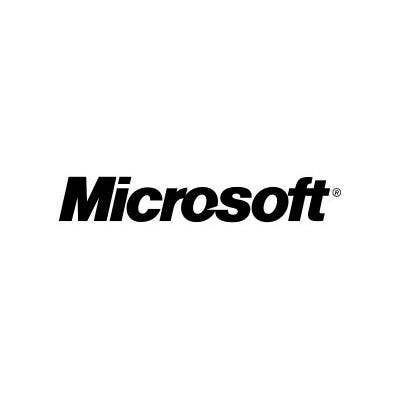
Microsoft learned valuable lessons from the Windows Vista experience, even though the company spent much of 2008 pretending that nothing was wrong with it and that the market hadn't given it a fair shake.
However, that changed at Microsoft's Professional Developer Conference and the Windows Hardware Engineering Conference, where Microsoft officials talked at length about Windows 7 and seemed earnest to give developers and partners as much information as possible.
Although Windows 7 isn't officially slated for release until late 2009 or early 2010, Microsoft executives at WinHEC suggested that Vista's successor could arrive as soon as the middle of next year. Microsoft clearly wants to avoid a repeat of the Vista third party device driver debacle, and it's using steady, constant communication -- at events and through the various Windows 7 blogs -- to achieve this.
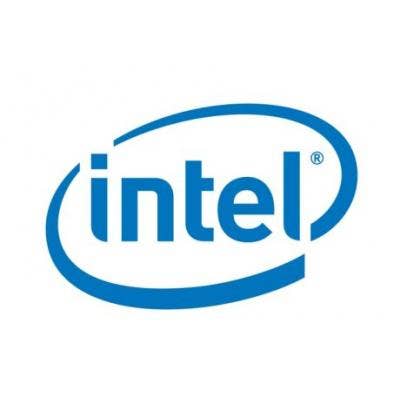
While Microsoft's solution provider partners aren't overly concerned, many feel that distributors could be cut out of the loop by the Microsoft Store, an online storefront for U.S. customers that launched in November, through which Microsoft is selling both consumer- and business-focused products.
Distributors don't seem overly concerned, but in the current economy, any move that alters the status quo in the channel bears watching. As Microsoft encourages its partners into a more solutions-based approach, some VARs wonder if the role of distributors could be diminished.
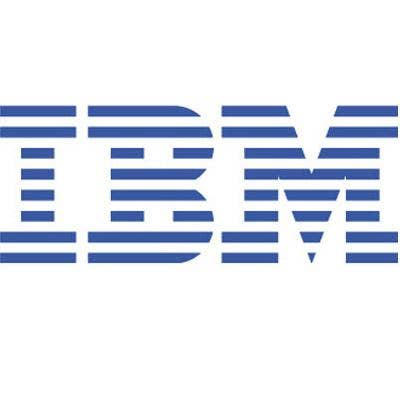
Next-generation applications have been simmering for years, but they've yet to reach widespread acceptance. But Tim Huckaby, CEO of Interknowlogy, a Carlsbad, Calif.-based solution provider, believes that 2009 will be the year that developers and architects will start recognizing the power of user interface design with Microsoft Silverlight, Windows Presentation Foundation, and Microsoft Surface.
"As developers and architects, we have been so jaded by impotent browser-based applications for the past many years that we tend to not even consider surfacing an application in any way other than on a browser," Huckaby said.

Microsoft's deadline for system builders to sell PCs with Windows XP is January 30, 2009, and many OEMs have continued to sell XP beyond their own June 30, 2008 deadline using downgrade rights. Earlier this year, HP said it plans to sell PCs pre-installed with XP Professional on its business desktops, notebooks and workstations until July 30, 2009.
With recent rumblings that Windows 7 could arrive as soon as the middle of next year, and Windows Vista's image continuing to suffer from the embarrassing Windows Vista Capable case, it's possible that Microsoft might decide to stop fighting the realities of market demand and let OEMs continue using downgrade rights until Windows 7 arrives.

The economic downturn has decimated 2009 budgets, but Office Sharepoint Server -- and its recently launched cloud-based counterpart, Sharepoint Online -- look poised to continue growing. That's because Sharepoint is viewed as a way to reduce travel costs while facilitating communication between vendors and supply chain elements, making the product more strategic than ever.
Delivering Sharepoint as a service is one way for Microsoft to bring Sharepoint to more small and mid-size companies, and it's possible that Microsoft could tailor an offering to the specific needs of these firms, says Ken Winell, CEO of Expertcollab, a Sharepoint-focused solution provider in Florham Park, N.J.

Since Microsoft launched its unified communications platform last October, it has seen the number of partners earning a UC competency in the areas of instant messaging/presence, messaging and voice more than doubled -- from 793 in 2007 to more than 2,000 in 2008.
That number is likely to grow in 2009 as a result of the weakening economy and what's certain to be heightened interest in cheaper forms of collaborative communication. But Microsoft will surely face heightened competition from UC competitors that will no doubt be looking to fill out their own channel ranks with partners to help meet the growing demand for the technology.

Slated for launch in the second quarter of 2009, Microsoft's Windows Azure cloud-based development environment will lower the barrier to entry for channel partners to offer Microsoft enterprise applications, many partners believe.
Adam Smith, director of marketing at Phase 2 International, a Honolulu, Hawaii-based solution provider, expects Windows Azure to eclipse the market share of Google's App Engine in 2009, and then overtake Amazon Web Services in 2010.
"We feel that Microsoft will have to do strong outreach and marketing to the development community to make this a reality," Smith explains. "They'll also need to signal that they are committed to this effort to inspire people to develop on this platform."
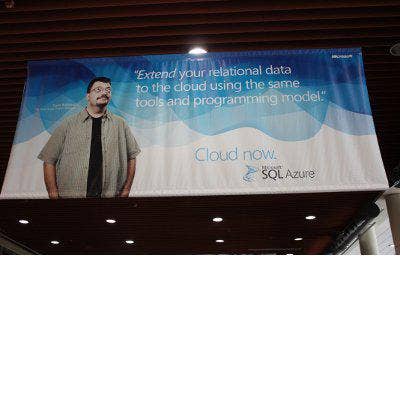
Windows Live OneCare has developed an almost cult-like following in certain circles of Microsoft partners, but that wasn't enough to dissuade Microsoft from discontinuing the subscription security service next June.
Microsoft's plan to roll out a free product with similar functionality -- code named Morro -- recently sent Microsoft detractors into a tizzy of anti-monopolistic fervor. But according to some solution providers, Microsoft isn't trying to kill security software vendors like Symantec and McAfee, but is giving Morro away on the premise that, for the legions of Windows users who operate with zero protection, some form of anti-malware defense is better than none.

With the economy forcing organizations to be more effective in their IT operations, and Microsoft Hyper-V Virtualization proving to be reliable and dependable, many solution providers expect Hyper-V to become standard in data centers by the end of 2009.
"With Microsoft's support in virtualizing applications like Windows, Sharepoint, and Exchange, and the efficiency of running multiple guest sessions on a single physical server, virtualization is an easy way for organizations to do more with fewer physical server to maintain, manage, and support," said Rand Morimoto, president of Convergent Computing, an Oakland, Calif.-based solution provider and Microsoft Gold partner.
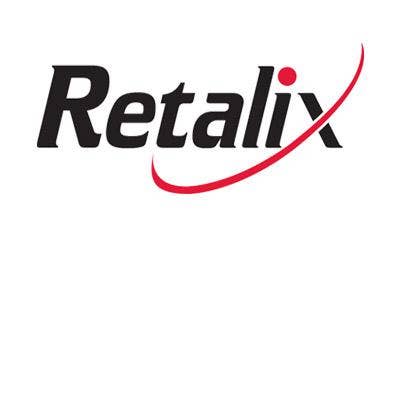
Microsoft has done a solid job in generating market demand for Windows Home Server, but the complexity of the software has served as a barrier to adoption, according to some solution providers. Compounding the issue is the fact that HP's Media Smart Server, which runs Windows Home Server, is priced out of reach of many consumers.
That's why some partners expect Microsoft to offer an cloud-based version of Windows Home Server at some point in the near future as a way of building awareness of what the product can do.
"The logical progression of services should end with the consumer," said one solution provider, who asked not to be named. "Microsoft wants to establish 'sockets' -- whether they're PCs, mobile devices, or home server platforms. And if those sockets are in the cloud, that's the best case scenario for Microsoft."